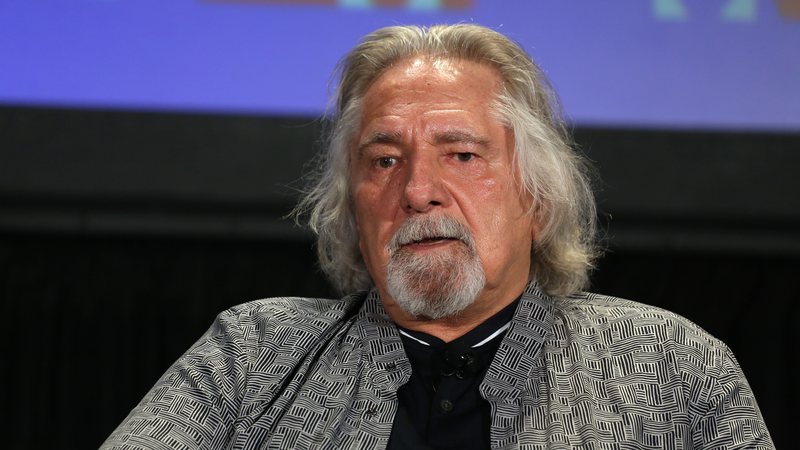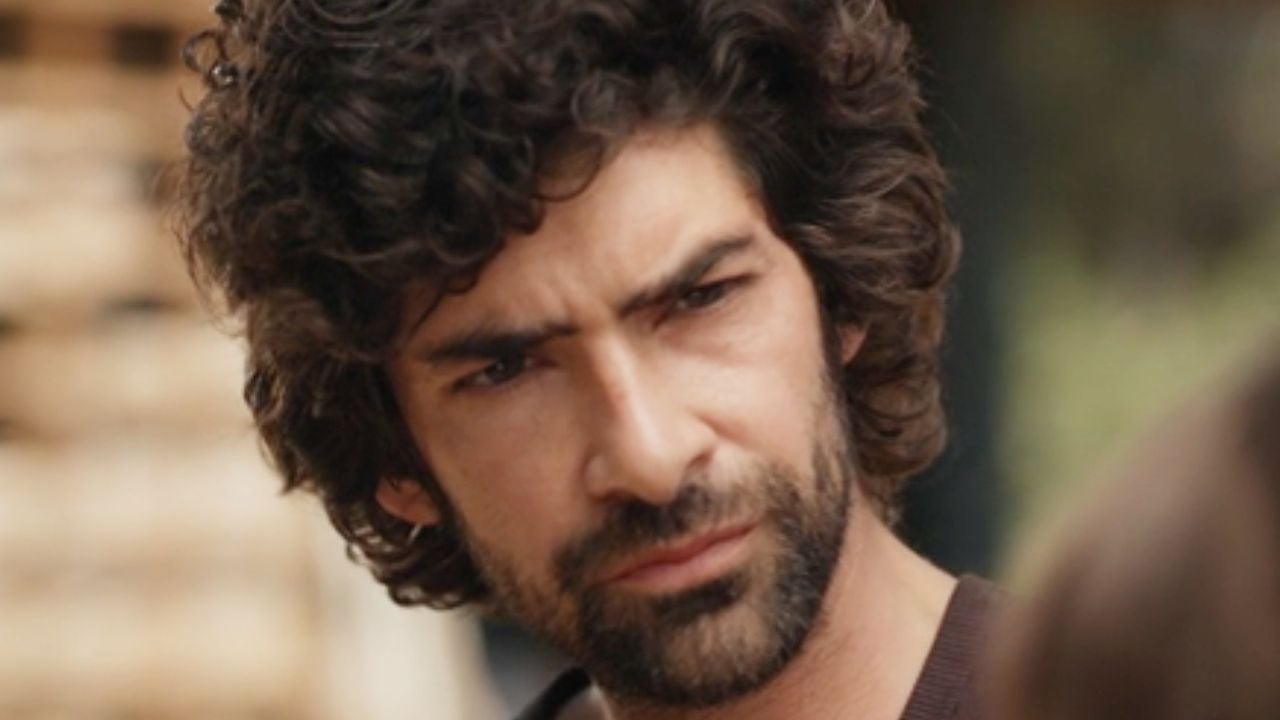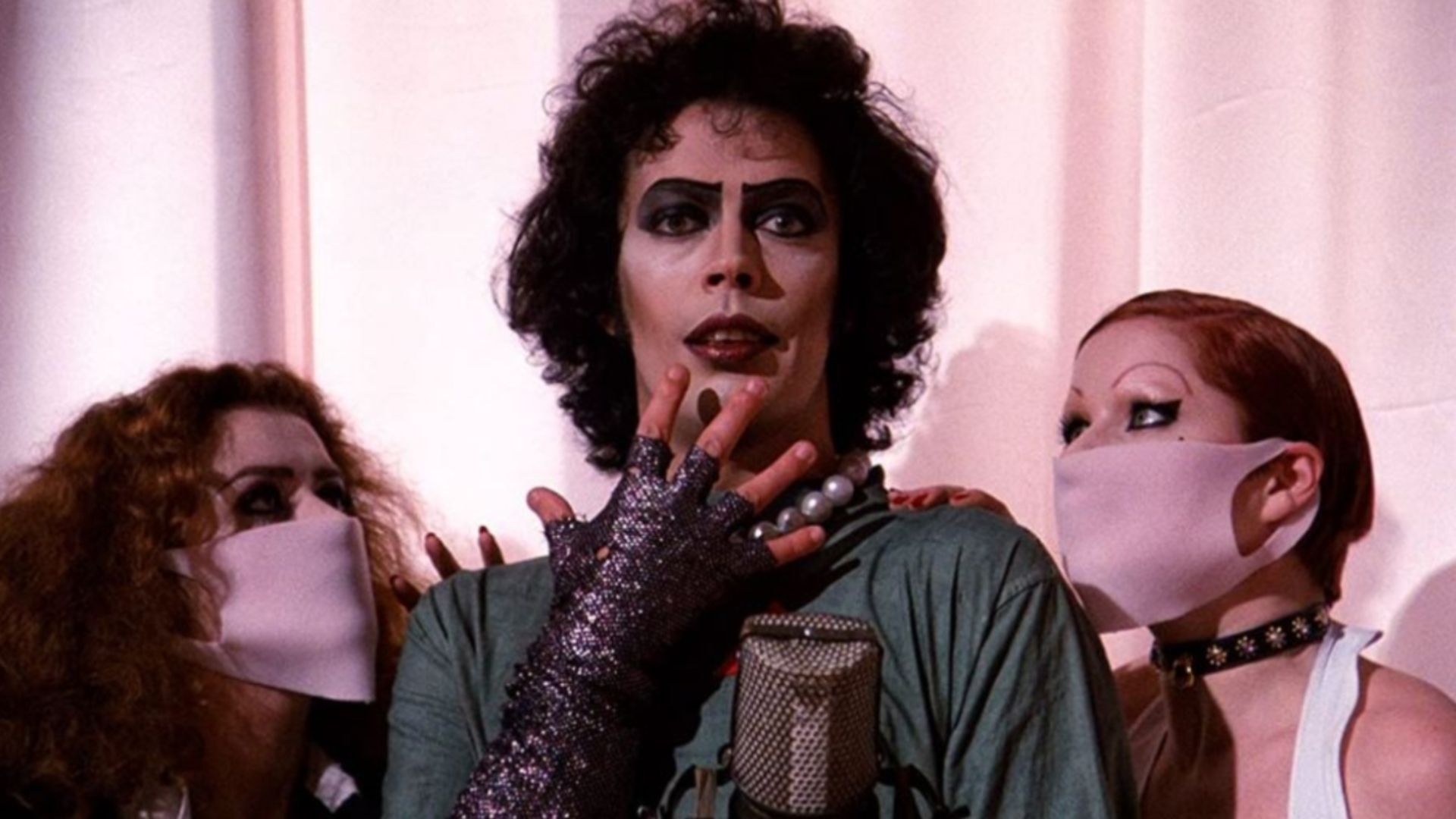Black Sabbath bassist says he suffered from the disease all his life, but was only diagnosed correctly at the age of 50
The Pan American Health Organization estimates that more than 300 million people suffer from depression worldwide. In Brazil, data from the World Health Organization (WHO) shows that more than 11 million citizens have the disease — more than 5% of the population.
It is a health problem that must be treated seriously. However, according to Geezer Butlerit wasn’t always like this.
The bassist told the Talk Shop Live (via Blabbermouth) that took a long time to be correctly diagnosed because, in past decades, people treated depression as a simple sadness, to be resolved with basic measures. He says:
Unless you have experienced true depression, you cannot describe it. It’s like you’re going into a horrible black hole. And people were like, ‘Oh, go get a drink or take the dog for a walk.’ That’s what doctors used to say. ‘well, go watch TV or read a book’.”
If it were that easy, Butler and millions of other patients would have been cured. The legendary heavy metal bassist points out that this was obviously not the case. So, his refuge became music.
Of course, you have no interest in any of this. So the only way I could express myself was by writing the lyrics to ‘Paranoid’ (music by Black Sabbath). I wasn’t depressed all the time, but when I had bouts of depression, I just couldn’t explain it to anyone. I was afraid of going to a mental health professional and they would put you in a mental institution, in a hospital, for years. You had to move on. And the only way to get that out of me was to write music.”

Geezer Butler and depression
Now 75 years old, Geezer Butler He was only correctly diagnosed with depression in 1999. At the time, he was 50 years old. He comments:
In 1999, I was finally diagnosed correctly, and they put me on an antidepressant for six weeks. And the doctor said, ‘It won’t work right away. Keep taking it for six weeks and eventually you’ll start to feel normal again.’ And I said, ‘Well, what’s normal?’ After six weeks, this great cloud seemed to dissipate. It was amazing.”
In another interview, with Bullseye With Jesse Thornthe bassist of Black Sabbath He said that he sometimes felt “occasional bouts” of depression. However, this happened for decades — until he found a doctor who finally managed to find his clinical condition.
I couldn’t talk to anyone about it. People used to think I was moody and unhappy. They said, ‘Well, what’s wrong with you? What happened to you?’. But nothing bad had happened. Then they said: ‘You have all the money you want, a house, cars and everything. What’s wrong with you? Cheer up.’ They couldn’t understand that it wasn’t like that at all. You can have everything you could possibly want in the world, but when you get into those dark, depressing days, nothing matters.”
Butler However, he guarantees that he was not ashamed of his condition. He was just upset about not being understood.
If you’re a rock star or something, if you’re in a band, you should be this happy person, with everything available to you. It’s like I can’t be depressed. It was difficult to accept this and admit that this was my reality. And it was just an occasional thing. I wasn’t depressed all the time. But once I got into those black holes, I couldn’t get out of it. And it wasn’t until I was diagnosed that I finally found a way out of it.”
Source: Rollingstone
Earl Johnson is a music writer at Gossipify, known for his in-depth analysis and unique perspective on the industry. A graduate of USC with a degree in Music, he brings years of experience and passion to his writing. He covers the latest releases and trends, always on the lookout for the next big thing in music.









